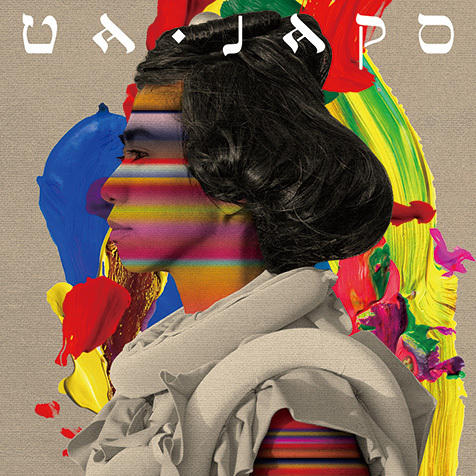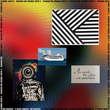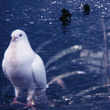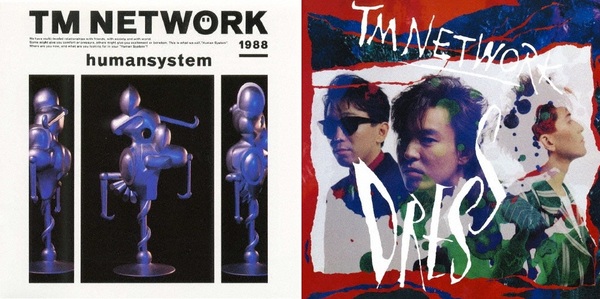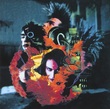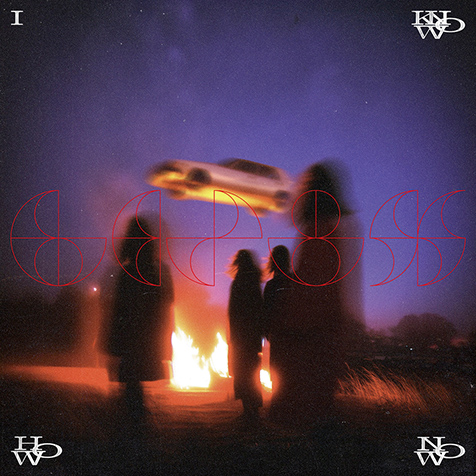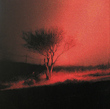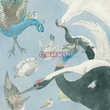異なる動きをする複数の声部がハーモニックに進行する〈ポリフォニー〉。発想は西洋音楽のものだが、同形式の音楽は世界各地に存在し、アフリカのピグミー族が即興で生み出す声楽は、米国フォークウェイズの現地録音盤が傑作としてよく知られている。そのポリフォニーをテーマに制作された7年ぶりとなるUAの新作は、LITTLE CREATURESの青柳拓次をプロデューサーに迎え、ピグミー的なヴォーカルと多重コーラス、さまざまな弦楽器やパーカッションのトライバルなリズム、ピアノやエレクトロニクスの反復を基調とした無国籍ポップスを展開。英国のフォーク・シンガー、レイチェル・ダッドとシタール奏者のヨシダダイキチが楽曲を提供する一方、歌い綴られる詞世界は日本語、英語、奄美の方言やサンスクリット語、ガーナ語など、多様な言葉が宙を舞う。この大らかで過激なクロスオーヴァーによって描き出される色彩豊かな音楽は、アニマル・コレクティヴの最新作同様、どこか懐かしく、そして新しい。
[English Translation]
Polyphony consists of several voices that progress individually while in harmony. This idea is considered something of Western music, but music based on a similar style exists across the world. The improvisational vocal music by Pygmy peoples in Africa, for instance, is well-known by a field recording masterpiece on Smithsonian Folkways. Built around polyphony, UA's latest, her first album in seven years, features Takuji Aoyagi from LITTLE CREATURES as producer, carving an unidentifiable pop sound out of Pygmy-esque vocals and multi-chorus, tribal rhythms with various percussion and strings, and repetitive electronics and piano. British folk singer Rachael Dadd and sitarist Daikiti Yoshida contribute tracks while the lyrics are blissfully woven and delivered in various languages; Japanese, English, the Amamian regional dialect, Sanskrit, Ghanaian among others. Like the latest of Animal Collective, this generous, radical crossover depicts a colourful soundscape somewhat nostalgic yet wonderfully unusual.
